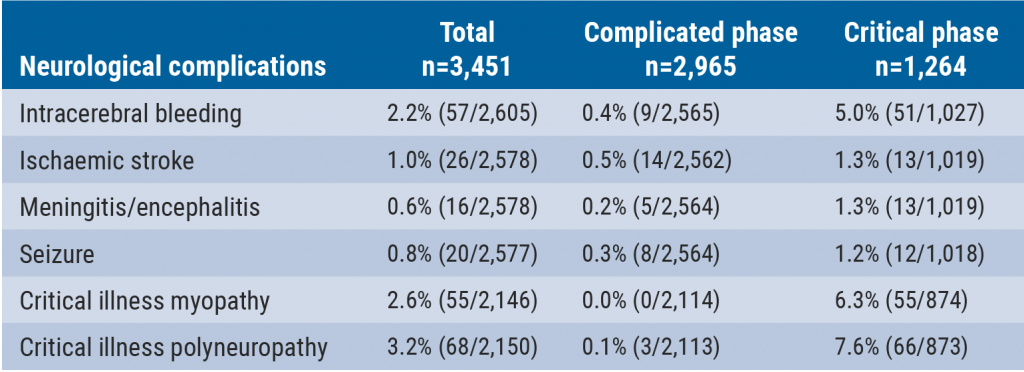"Young adults with schizophrenia who played targeted computer exercises showed improved thinking skills that persisted 6 months later, and improved symptoms, compared to similar individuals playing standard computer games," Dr. Rachel Loewy of the University of California, San Francisco, told Reuters Health by email.
"Providers may consider recommending these 'brain training' exercises for people struggling with the cognitive impairments associated with schizophrenia," she said.
As reported in Schizophrenia Bulletin, Dr. Loewy and her colleagues included 147 participants with early schizophrenia in their study at two academic research centers. Participants were between 16 and 35 years of age and were fluent in English.
They had had their first psychotic episode within the past 5 years. They also had IQ scores over 70, no neurological disorder, and no substance dependence within the past year. None had had inpatient treatment for at least three months, and they either did not take psychiatric medications or had no medication changes for at least one month.
Each participant was provided with a laptop computer, and all were stratified by IQ, gender, and symptom severity. They were randomized to one of two groups: 81 were told to do targeted auditory training and 66 were told to play computer games, for 40 hours per week over eight weeks, independently and remotely at home.
The auditory-training program, from Posit Science, consisted of exercises designed to boost speed and accuracy of auditory-information processing while engaging auditory and verbal working memory, (for instance, distinguishing between frequency-modulation "sweeps" of auditory stimuli, identifying increasingly long arrays of open and closed syllables in spatial and sequential contexts).
At baseline, after the intervention, and at a six-month follow-up, all participants were assessed for cognition, symptoms, and functioning. Assessment staff and participants were blind to the group assignments.
After six months, intention-to-treat analysis of data from 145 participants showed durable, statistically significant improvements in global cognition and problem solving (with auditory training versus computer games.
Participants in the active-treatment group also saw significantly greater improvement in positive symptoms on the Positive and Negative Syndrome Scale (PANSS), as well as a trend toward significantly better speed of processing (P=0.053).
Dr. Loewy noted that the dropout rate was high. "These exercises are challenging and may not be as engaging as the commercially available games many young adults play," she explained. "Brain training is like going to the gym: It's good for you, but it's often hard to stick with."
"Cognitive deficits are a major challenge for people with schizophrenia," Dr. Michael F. Green, a professor-in-residence in the Department of Psychiatry and Biobehavioral Sciences at the David Geffen School of Medicine at the University of California, Los Angeles, said by email.
"A variety of cognitive remediation approaches have been evaluated in schizophrenia studies, and generally these training programs show encouraging findings for improvements on cognitive tasks," he said.
"Participants do not need to come to clinics to receive their cognitive training," added Dr. Green, who was not involved in the study
He welcomed the six-month follow-up results. "That is an impressive duration and suggests that booster sessions spaced at this interval could maintain the cognitive gains."
However, he added, "The study did not find that improvements in cognition translated into improvements in daily functioning, which highlights the substantial challenge of converting these changes into improvements in the daily lives of patients."
The study did not receive commercial funding. Posit Science provided the software used in the study, but none of the authors have any financial interest in the company.
SOURCE: https://bit.ly/3DxOdAk Schizophrenia Bulletin, online September 12, 2021.
By Lorraine L. Janeczko
Posted on
Previous Article
« Most women born with heart defects can become pregnant and give birth safely Next Article
Age-related changes occur in small-intestine microbiome »
« Most women born with heart defects can become pregnant and give birth safely Next Article
Age-related changes occur in small-intestine microbiome »
Related Articles

July 30, 2019
Experimental Parkinson’s disease therapies
© 2024 Medicom Medical Publishers. All rights reserved. Terms and Conditions | Privacy Policy
HEAD OFFICE
Laarderhoogtweg 25
1101 EB Amsterdam
The Netherlands
T: +31 85 4012 560
E: publishers@medicom-publishers.com

